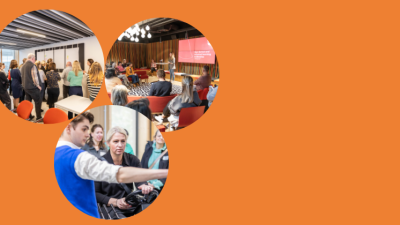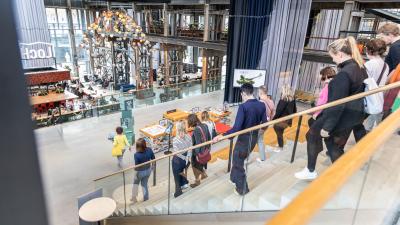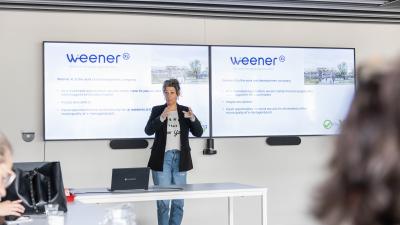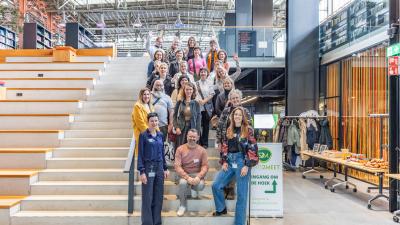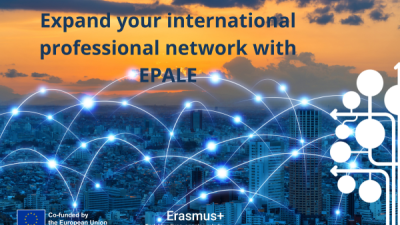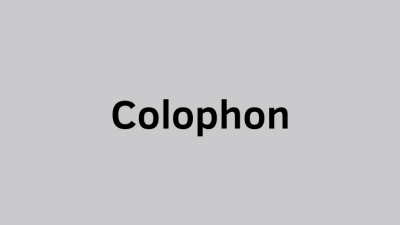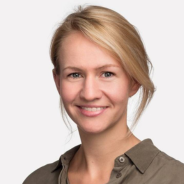When you graduate from nursing school, you get an official diploma. At the end of a sewing course, you get a certificate of attendance. And at work, you learn things from your colleagues – things that aren’t part of a systematic or targeted curriculum. There’s great diversity in the world of adult learning, and every form is valuable. I sometimes compare adult learning to a mosaic, in which each little piece makes a unique and essential contribution to the whole. Each piece, however small, has its own shape, colour and significance, and together they form a harmonious and meaningful composition. Just as a mosaic derives its strength and beauty from the diversity and interplay of its pieces, learning enriches our lives through the many different ways in which we acquire knowledge and skills within and outside traditional education systems.
Non-formal learning is about educational activities that take place outside school, with participants developing in their own way and at their own pace. It’s a form of learning that’s often less structured, unfolding in a variety of settings, including the workplace, community centres, museums, sports clubs, online and at volunteer organisations. This way of learning enriches and inspires. As the famous thinker Paulo Freire described it: it’s a means of emancipation and social change. That makes it a powerful tool in the fight for equality and inclusion, as it can help adults better understand and improve themselves, each other and their environment.
The two-day study visit organised by EPALE Netherlands for our European colleagues was all about non-formal learning. Participants from fifteen European countries shared their knowledge and experiences, and were introduced to valuable learning and development initiatives. For instance, we visited the LocHal library in Tilburg, Kloosterhotel De Soete Moeder and the learning and development company Weener XL. In keeping with Freire’s philosophy, dialogue and participation were the central themes of these visits. Participants were given tours, engaged with learners or conducted VR job interviews, resulting in valuable experiences.
In this magazine, you will read about these initiatives, keynote speaker Jos Sanders’ message about the importance of skills, and participants’ takeaways for themselves as well as EPALE. If you want to find out even more about non-formal learning, then be sure to read the other articles too.
I hope you enjoy reading this EPALE magazine, and perhaps it will motivate and inspire you to explore the many facets of non-formal learning, helping you to better understand its value. As we move forward, the mosaic can only become more beautiful, colourful and vibrant.
Warm regards, on behalf of the NSS for EPALE Netherlands,
Marlies Elderenbosch
Project Manager, EPALE Netherlands
